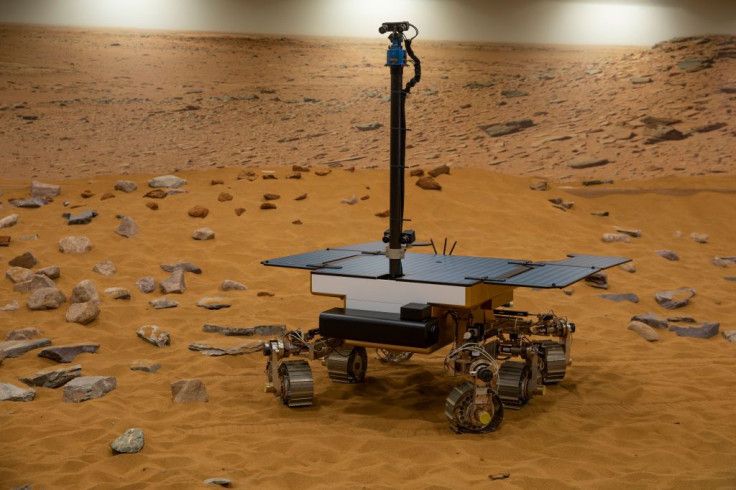Russia, Europe Postpone Joint Alien-Hunting Mars Mission ExoMars

KEY POINTS
- ESA and Roscosmos postponed the launch of ExoMars
- ExoMars' rover will hunt for alien life on Mars
- The joint mission will launch in October 2022
Officials from the European Space Agency (ESA) and Russia’s Roscosmos State Corporation announced that they have decided to postpone their joint mission to Mars. The officials made their decision after determining that the agencies need more time to test the various aspects of the mission.
The mission, known as ExoMars, was originally slated to launch sometime in July this year. Through a collaborative effort between the ESA and Roscosmos, the mission was designed to track signs of alien life on the Red Planet.
For the mission, the ESA developed a new rover known as the Rosalind Franklin, an autonomous six-wheeled all-terrain vehicle named after the English chemist who pioneered in the study of the molecular structures of DNA.
To find life on Mars, the rover was equipped with a drill that spans about 2 meters long. According to the ESA, this drill will be used to collect samples from beneath the surface, where traces of microbial life are most likely to exist.
The Rosalin Franklin rover will be deployed on Mars through Roscosmos’ Kazachok lander. This lander will depart Earth using Russia’s Proton-M rocket.
Although both the ESA and Roscosmos appear to be ready for a launch this year, the two agencies recently revealed that it would need to carry out further tests on the spacecraft and other equipment that would be used for the mission.
Through an official statement, director general Jan Wörner of the ESA and director general Dmitry Rogozin of Roscosmos confirmed that the agencies have decided to postpone the launch of the mission to October 2022. According to the officials, delaying the project would provide the agencies with enough time to carry out important tests.
“We have made a difficult but well-weighed decision to postpone the launch to 2022,” Rogozin said in a statement. “It is driven primarily by the need to maximize the robustness of all ExoMars systems as well as force majeure circumstances related to exacerbation of the epidemiological situation in Europe, which left our experts practically no possibility to proceed with travels to partner industries.”
In line with Rogozin’s statement, Wörner noted that postponing the launch would ensure the safety of the mission.
© Copyright IBTimes 2024. All rights reserved.





















